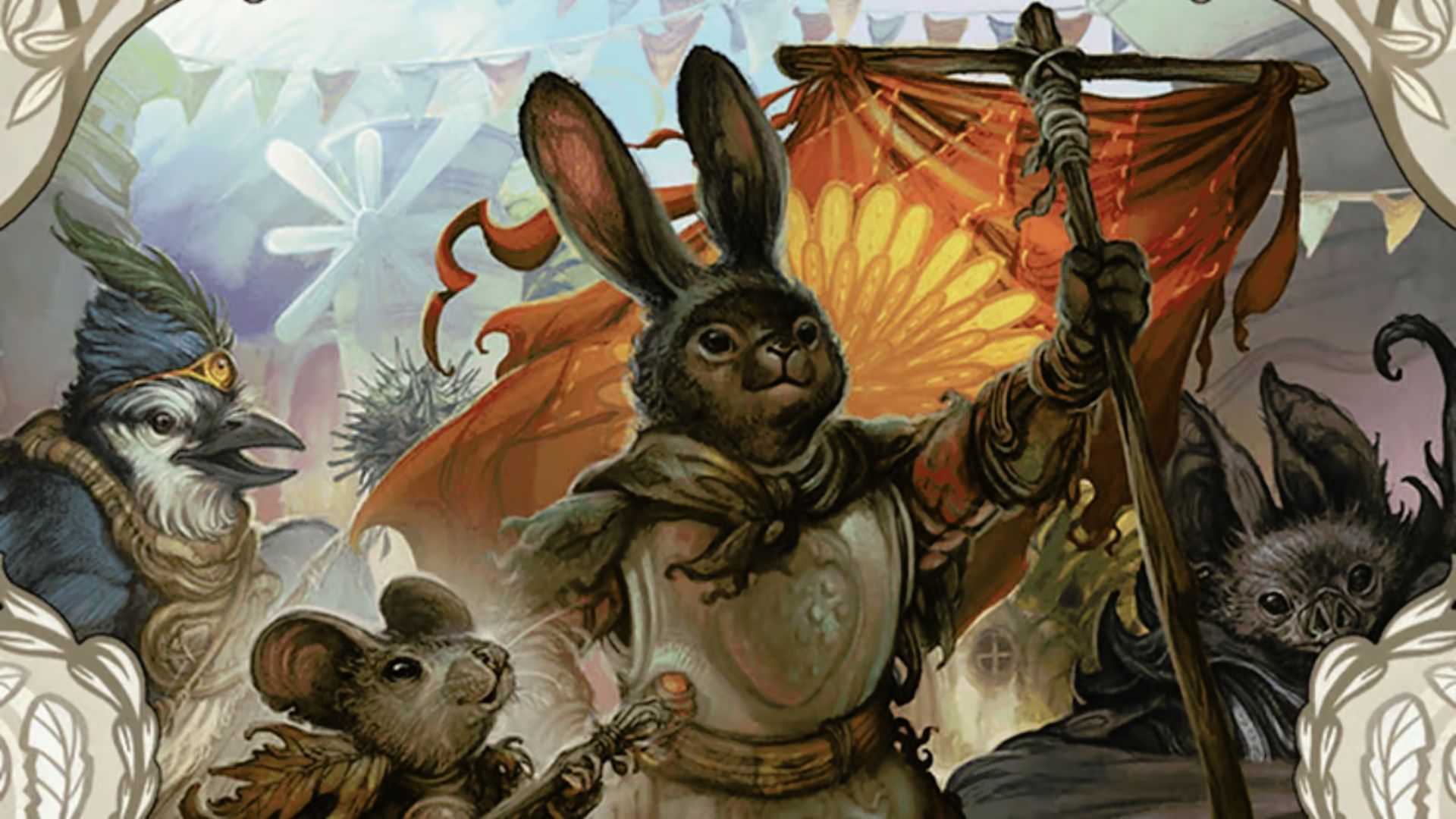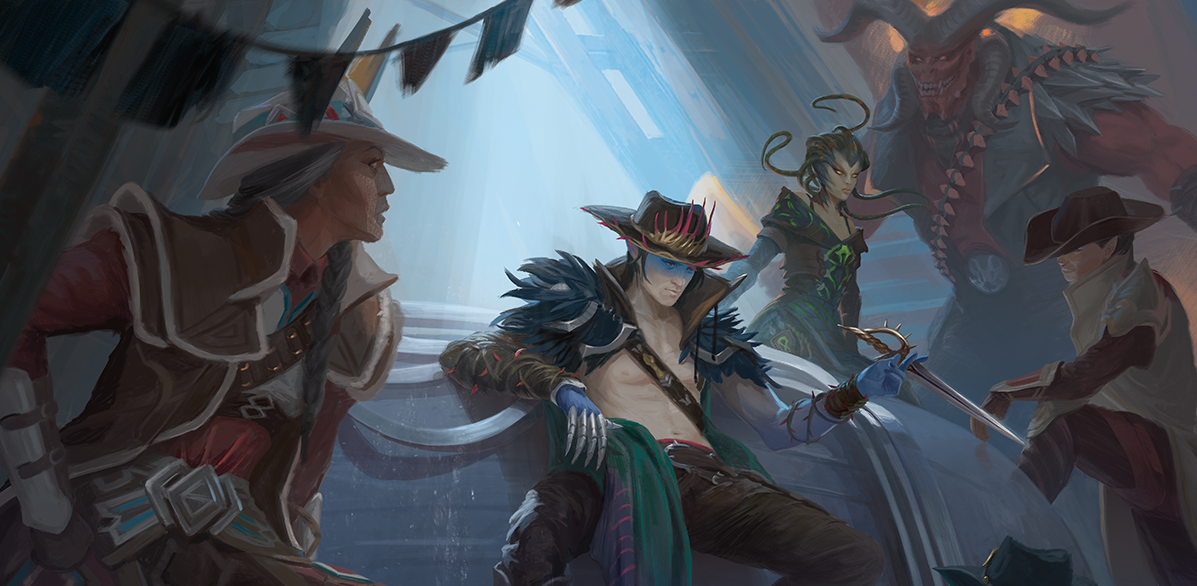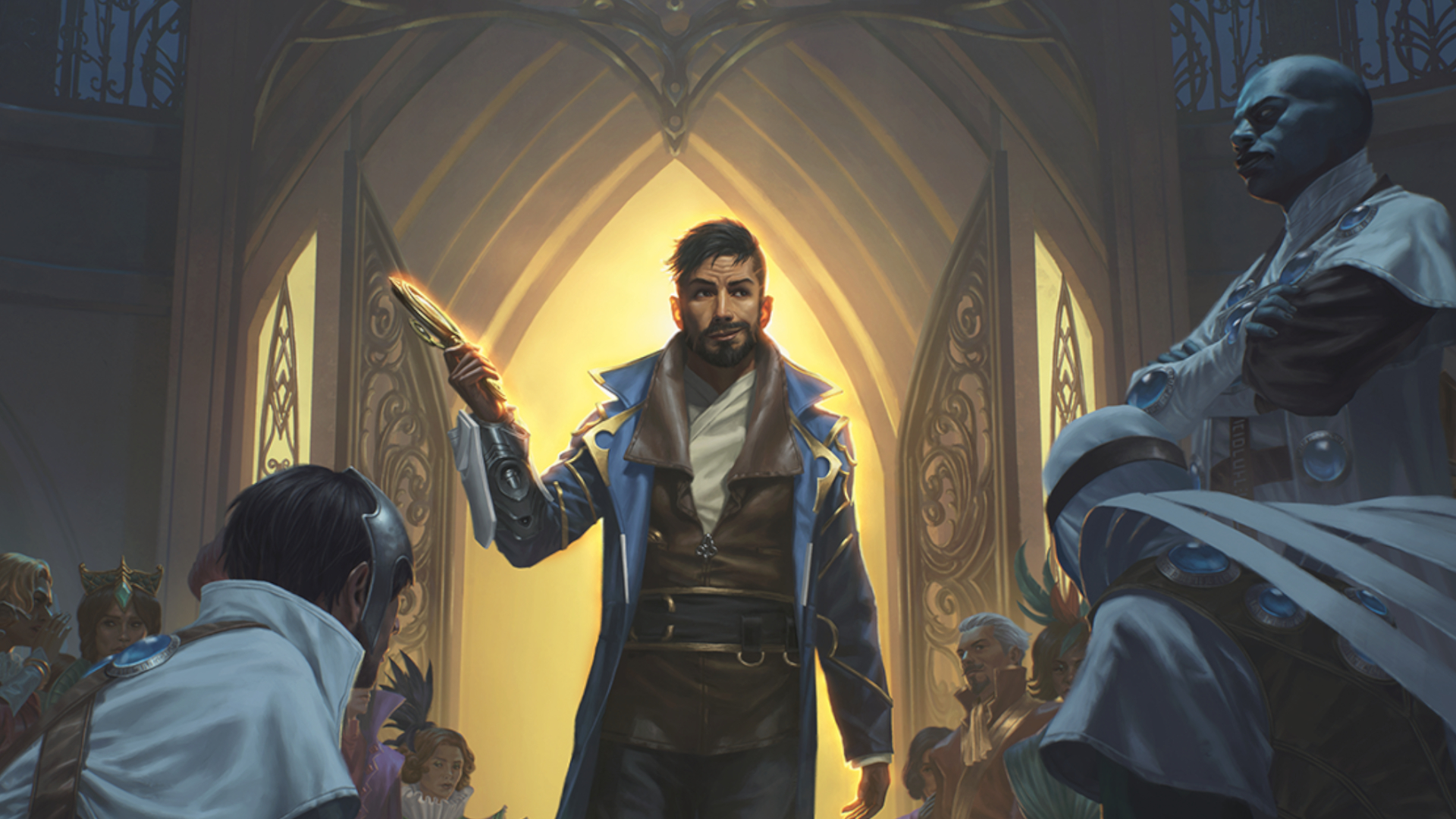MTG Bloomburrow flourishes where other Magic sets have failed
Opinion | Magic Story is so back

Long before any significant spoilers hit the web, MTG Bloomburrow already scored one win in my book. That’s thanks to what’s likely its most self-evident trait: being really, really cute. Its second dub came thanks to its power level – its excellently designed Commander precons and fresh, flavorful roster of mechanics proving that the fuzzy wuzzy critters of Bloomburrow are well capable of holding their own in the meta. Just like that, Bloomburrow was already onto a winner.
However, a truly great Magic: The Gathering set has to tick off the TCG trinity of aesthetics, mechanics, and worldbuilding. While it might not be at the forefront of your mind while you’re trashing your friends in a game or riding the high of cracking open a Booster pack, a part of what makes Magic: The Gathering one of the best card games on the market is its setting and story.

Recent Magic sets prior to this have regrettably lost sight of this fact (or at the very least their view has gone a little hazy). Even in spite of how high-concept the settings of Outlaws of Thunder Junction and Murders at Karlov Manor both were, I’d argue they failed to deliver on narrative depth and meaningful exploration of their respective planes. Yet, like some kind of whiskered messiah for Magic Story, MTG Bloomburrow appears to be the exact return to form Magic: The Gathering has been needing.
There’s something rather lovely about how card art, flavor text, and fiction all come together to create such a rich depiction of Magic’s multiverse and the lives of those who inhabit it. Whether it's one of the Power Nine or a simple Token card, each 2.5 by 3.5 inch rectangle of cardboard can serve as a jigsaw piece in the larger puzzle of the game’s canon.
Even those of us who aren’t big nerds who watch hour-long video essays about MTG lore can agree: a card that’s just raw rule text is barely a card worth having. Of course, the folks at Wizards of the Coast are aware that this is the case. The particularly elaborate theming of every Standard set released in the last 12 months is strong evidence of that. But it’s easy to confuse an MTG product with a unique setting with an MTG product with deep worldbuilding and a worthwhile story.

Take Outlaws of Thunder Junction, for example. It was pitched as Magic’s Wild West set and at least that much was crystal clear in its execution. However, it failed to offer much beyond this campy, Stetson-sporting veneer. Undoubtedly, it delivered some compelling narrative threads within its band of rootin’ tootin’ ne'er-do-wells. However, its central heist plot just floundered – stakes were low and the Fomori vault MacGuffin never felt tethered in any way to where in the multiverse it was held.
Wholly disconnected from any real sense of place, the set wrassled with the restraints of its own genre tropes. What is Thunder Junction actually like? Who are the people there? What is a Fomori vault doing in the middle of the desert? “It’s, uh, you know … a cowboy town”, the set seems to meekly reply.
Murders of Karlov Manor committed similar sins. While the plane of Ravnica has been poured over so much that it has its very own block, never before in this Guild City had we ever come across a detective guild. Prior to this set, the Boros Legion were the closest equivalents to a de facto police force but the Detectives within Murders of Karlov Manor are entirely unbound by the ten established guilds of Ravnica or the color pie itself.
Sign up to the GamesRadar+ Newsletter
Weekly digests, tales from the communities you love, and more
Change can be good, of course. Although in this case, the ret-con of Ravnica’s guild system doesn’t serve to meaningfully develop player understanding of the world. Instead, it unravels what’s already been established and unfortunately, it doesn’t leave enough of value in its place.

Bloomburrow has a surprising amount in common with old-school Ravnica. Each of the ten pairings of the color pie not only correlate to various species of animalfolk but also to different vocations and ways of life. For example, the Black-White Bats are brooding clerics and astronomers while the Green-White Rabbits are family-focused chefs and farmers. Each sect has their own set of values, rituals, and routines but they interweave and collaborate with other cultures across Bloomburrow.
By painting such a clear picture of how animalfolk live and work together, the community of Valley appears like a living, breathing organism. Not only does that create added investment in Bloomburrow as a plane but it makes the central threat of the Calamity Beasts all the more devastating.
In our conversation with Bloomburrow’s Worldbuilding Lead, Neale LaPlante Johnson, it became clear that this was by design. As he put it: “Having a mother being a hero is a way to emphasize this isn’t just a set of 20-something heroes living their best life. [Mabel] has a family and she’s fighting for them. That’s what Bloomburrow is really about: it’s about community, it’s about unity with other members of your town … or even your entire plane.”
Through this concerted effort to create a hero with a deep-rooted connection with the world around them, Bloomburrow becomes a plane worth exploring, reading about, and maybe even worth returning to in a future set.
Want to catch up on everything Bloomburrow? Everything we know about MTG Bloomburrow will fill you in on everything from the set’s story to its product line. Beyond Magic, why not try out more of the best card games worth adding to your collection?

Abigail is a Tabletop & Merch writer at Gamesradar+. She carries at least one Magic: The Gathering deck in her backpack at all times and always spends far too long writing her D&D character backstory. She’s a lover of all things cute, creepy, and creepy-cute.


